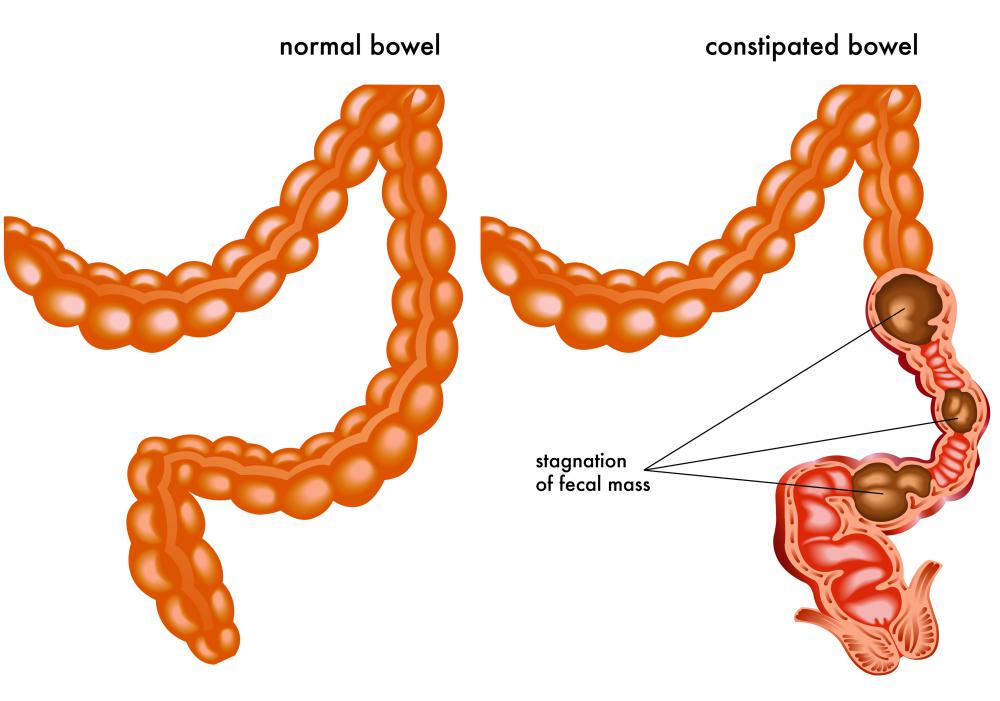At WiseGEEK, we're committed to delivering accurate, trustworthy information. Our expert-authored content is rigorously fact-checked and sourced from credible authorities. Discover how we uphold the highest standards in providing you with reliable knowledge.
What Is Calcium Toxicity?
Calcium toxicity refers to an overabundance of calcium within the human body, also known as hypercalcemia. It can result from medical complications that include diseases and hormone imbalances or from excessive calcium intake. A healthy diet generally requires 1,000 mg of calcium per day. One of the most prevalent minerals within the human body, calcium is largely retained by the skeleton and teeth.
Healthy bones and teeth, muscle contraction, and adequate nerve function all require calcium. It is also vital to cardiovascular health. Low levels of calcium cause the bones to become brittle, muscles to weaken, and nerve responses to be damaged. High calcium levels can lead to kidney problems and prevent proper absorption of other minerals. Vitamin D aids the body in absorbing calcium and helps maintain normal calcium levels.

In a individual, calcium toxicity is a very rare occurrence. A balanced diet does not contain enough calcium to result in toxic levels within the bloodstream. Aside from vitamin D, the body produces two hormones, parathyroid hormone and calcitonin, that regulate the amount of calcium outside of the skeletal structure. Parathyroid hormones release calcium from the bones when levels are low in the blood stream, and calcitonin stops calcium discharge when levels are excessive.

About 90% of all hypercalcemia cases are the result of hyperparathyroidism, a condition in which parathyroid hormones are produced in excess. Specific types of cancer, including breast, lung, and kidney cancer are known to cause calcium toxicity. Severe dehydration can also be a cause.
Some people who are concerned with getting enough calcium in their diet do not realize that too much calcium can also be hazardous. These individuals may take calcium supplements, leading to a daily calcium intake of more than 2,500 mg. This is considered the daily limit for calcium intake and should not be exceeded for more than a couple of days.

A number of bodily systems can be affected by calcium toxicity. Stomach pains are common and include diarrhea, nausea, and loss of appetite. Skeletal problems that result in pain and bone curvature can also occur. When kidneys are affected, an individual can experience pain and rapid dehydration. Calcium toxicity can also lead to mental instability, including lack of concentration and memory loss.

First-line treatments for calcium toxicity involve increasing fluid and salt intake and taking diuretics, which help the body expel excess calcium by increasing the frequency of urination. Underlying illnesses that lead to hypercalcemia require treatment of the illness itself. If non-surgical treatment therapies are not successful, an operation may be necessary to remove malfunctioning parathyroid glands.
AS FEATURED ON:
AS FEATURED ON:
















Discussion Comments
Can you recover from calcium toxicity? If it does affect your mental state and make you delusional, does that ever go away?
Post your comments